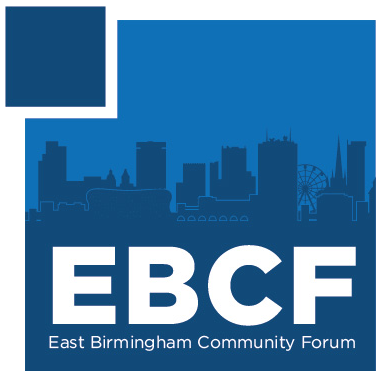Interview Advice
Types of interviews
There are different kinds of interviews, including:
- face-to-face with one person
- panel interview – face-to-face, with 2 or more people and can include a presentation
- telephone – often the first stage in recruitment and used when there are a lot of applicants
- group discussion – usually part of an assessment centre day with other candidates – you’ll have to show you can get along with people, put your ideas forward and be respectful of others
- video interview – you’re sent interview questions in advance and you provide your answers in a video recording
- online interview – you’re interviewed online, using an application like Skype
Types of interview questions
Employers use different types of questions when interviewing. They may be:
- competency-based – the focus is on the things you can do, so you’ll be asked to give examples to show you have the skills needed for the job
- strengths-based – these explore what you enjoy doing or do well and is used to check things like your practical or teamworking skills, or how you work under pressure
- technical – for jobs in science, IT, engineering, finance or law – they test your job-related knowledge and understanding of work processes
- situational judgement – test how you would react in typical work situations and check things like your ability to solve problems, make decisions or work with others
- values-based – commonly used for health and care jobs, particularly in the NHS, to confirm that you share the values and understand the culture of the organisation
- motivational – these help an employer to see what drives you and to make sure you’ll fit in with their company
You can find more advice on how to answer common interview questions.
Get ready for the interview
Prepare for your interview by following these tips:
- read the job description and person specification carefully and be clear on the skills and qualities the employer is looking for
- check the company website to find out more about its products or services and their plans for the future
- go over your CV or application form and think about things the employer may ask you about
- use the STAR method to prepare some examples that show you have the right skills, personal qualities and experience
- practise your timings on presentations and keep a back-up copy
- ask someone you trust to practise answering questions
- write down 2 or 3 questions you can ask at the end of your interview, that show you’re enthusiastic about the job
- prepare something suitable and comfortable to wear
- check what time you need to arrive and the name of the person you need to see
- make sure that you know how to get to where the interview is being held
- if you have a disability and need adjustments to make the interview accessible, you can get advice from Scope on how to ask for them
At the interview
Before you go in:
- make sure your phone’s turned off
- use breathing techniques to calm yourself – try to remember, a few nerves are normal
- smile and greet your interviewer confidently
- ask for some water if you need it
During the interview
In the interview, remember the following:
- be polite and use the right language and tone for a formal situation
- listen carefully to questions and think before you begin your answers
- if you do not understand a question, ask the interviewer to repeat it or explain further
- use the STAR method to answer questions about your skills, for instance talk about the Situation you were in, the Task you had to do, the Action you took, and the Result you achieved
- be positive about your experiences – if you’ve faced difficult situations, show what you learned from them
- tell the truth – do not exaggerate or come across as over-confident
- ask a couple of questions when you’re invited to do so – choose questions that make you sound keen, like ‘What opportunities are there for training with your company?’, rather than ones about pay or holidays at this stage
- at the end, thank the employer for their time and tell them that you are looking forward to hearing from them
When you leave the interview, try to write down some of the harder questions you were asked – this can help you to prepare for future interviews.
After the interview
If you’re offered the job, let the company know in good time whether you want to accept the offer. You can also agree the start date and what to bring on the first day.
If you decide not to accept the job, decline it politely, as you may want to work for them in the future.
If you do not get offered the job:
- be positive – this is a chance to learn from your experience
- ask for feedback on your interview
- think about the things that did not go so well and what you could do to improve next time
- get some interview practice – you could ask friends, family, colleagues or a careers adviser to help
